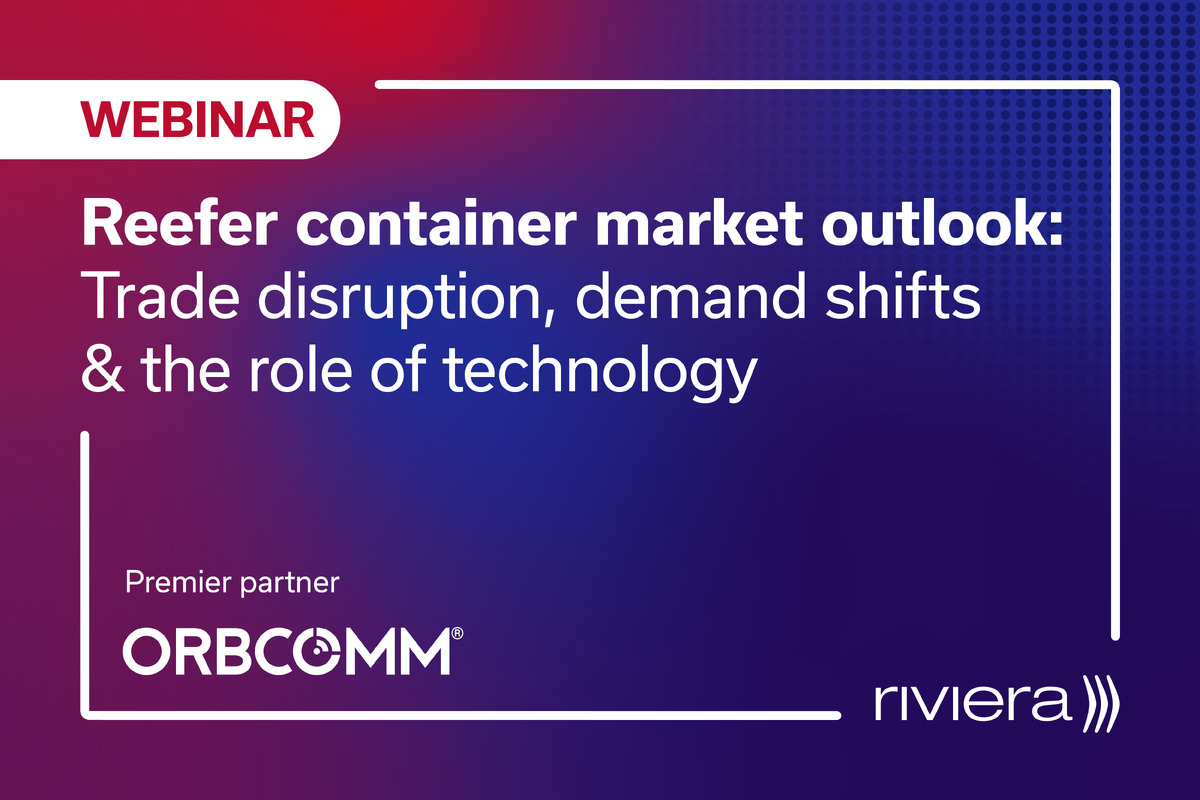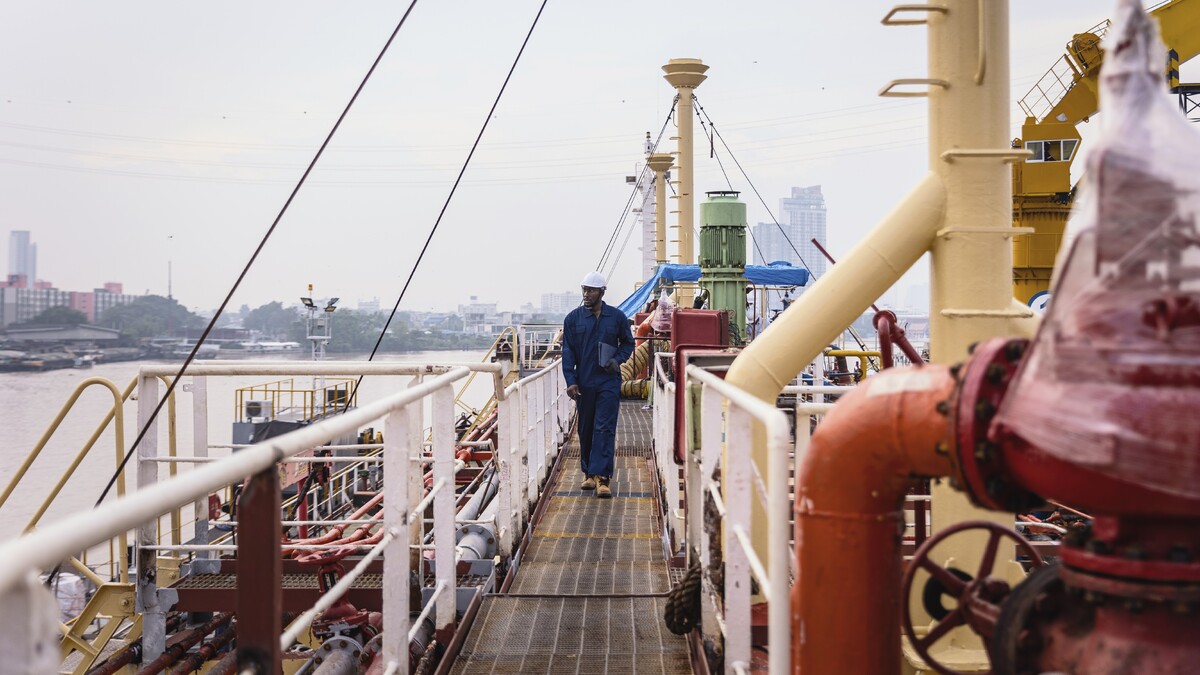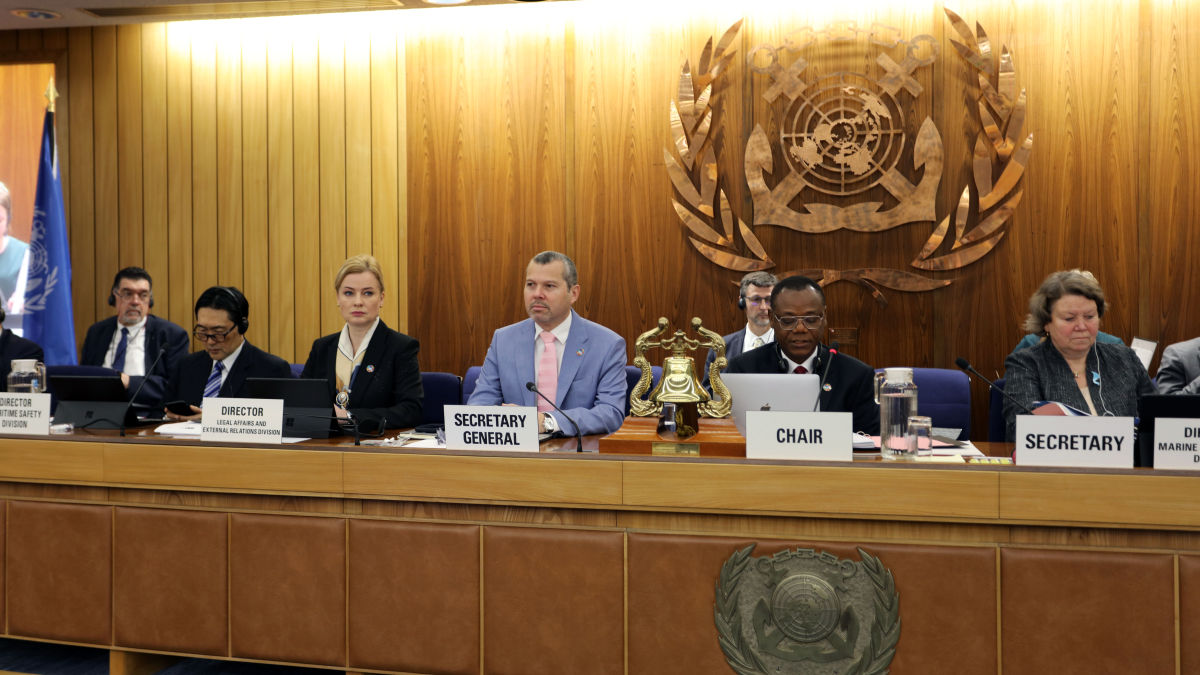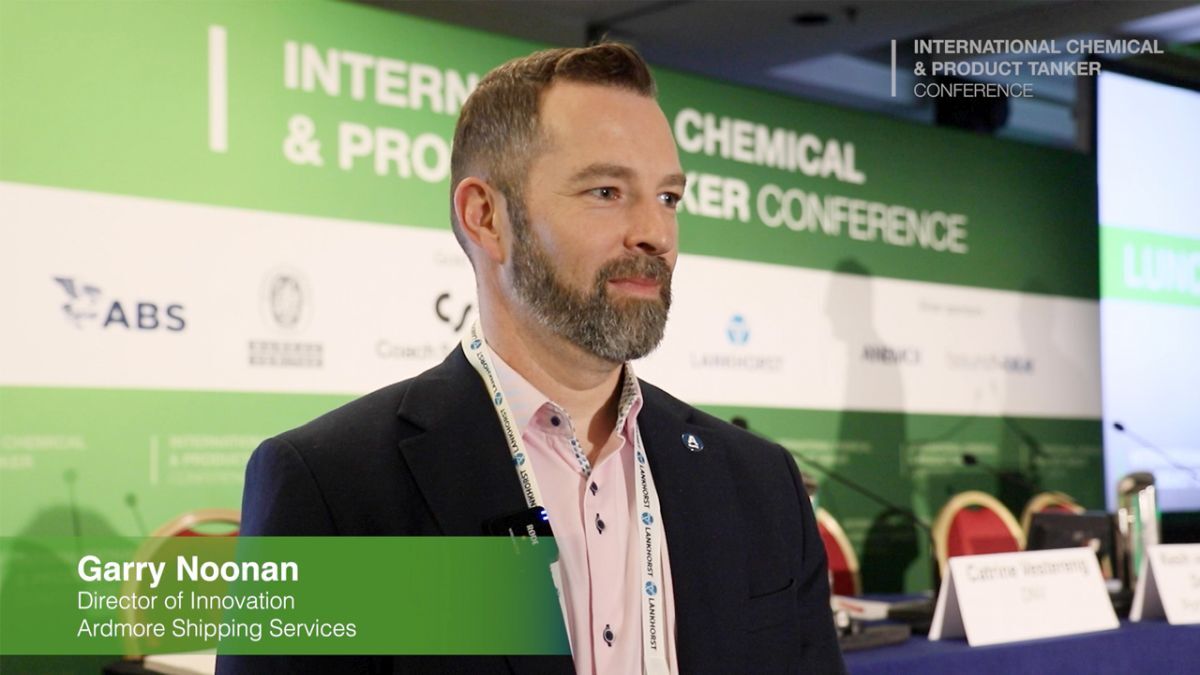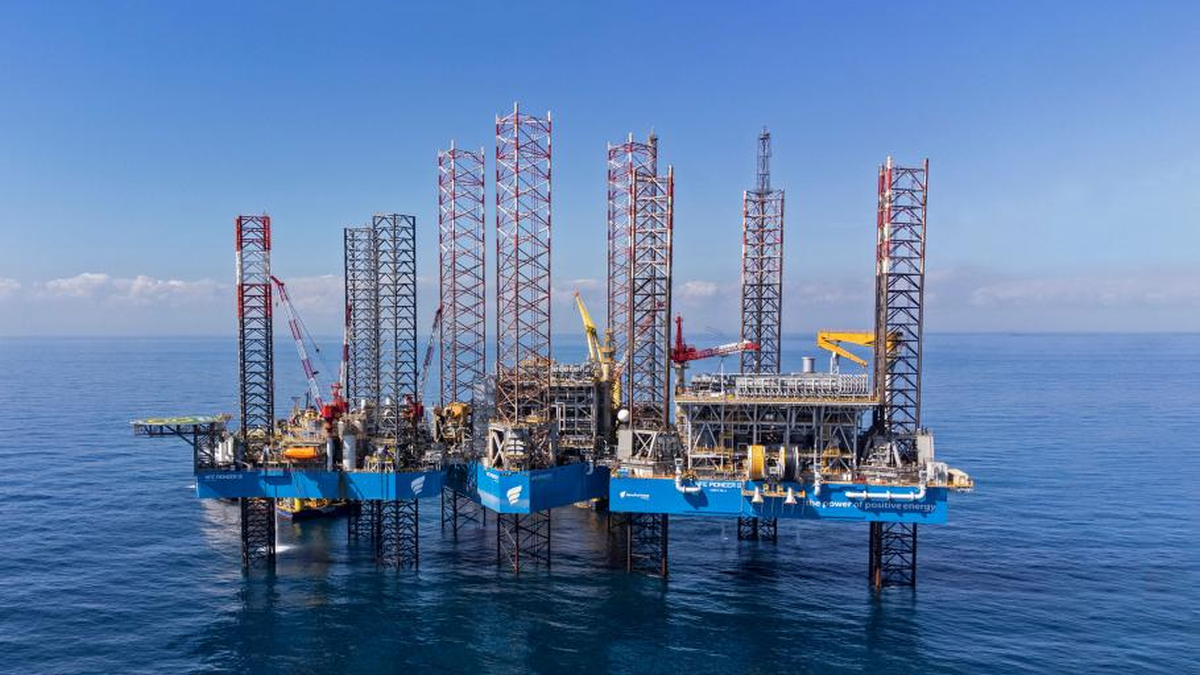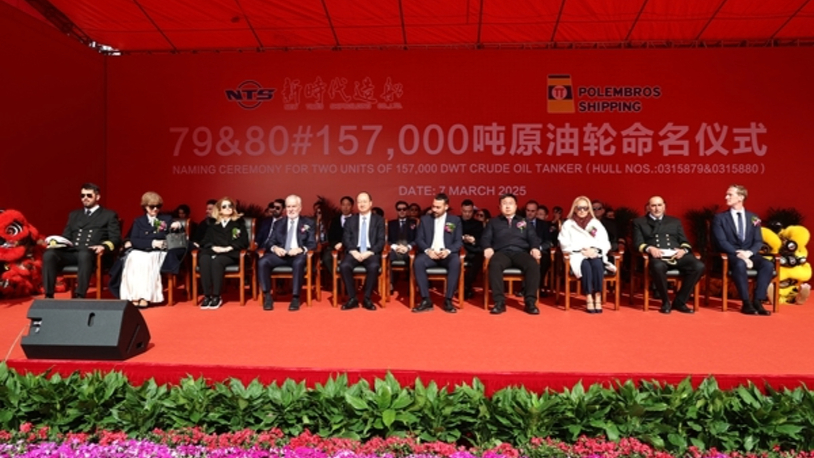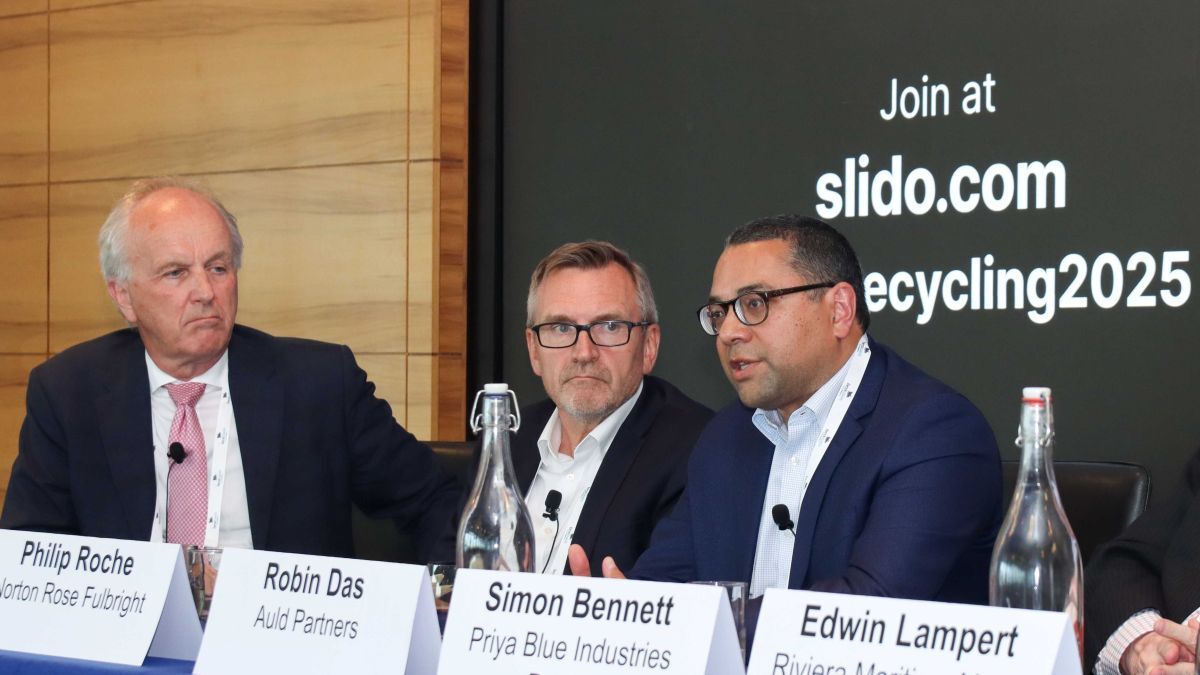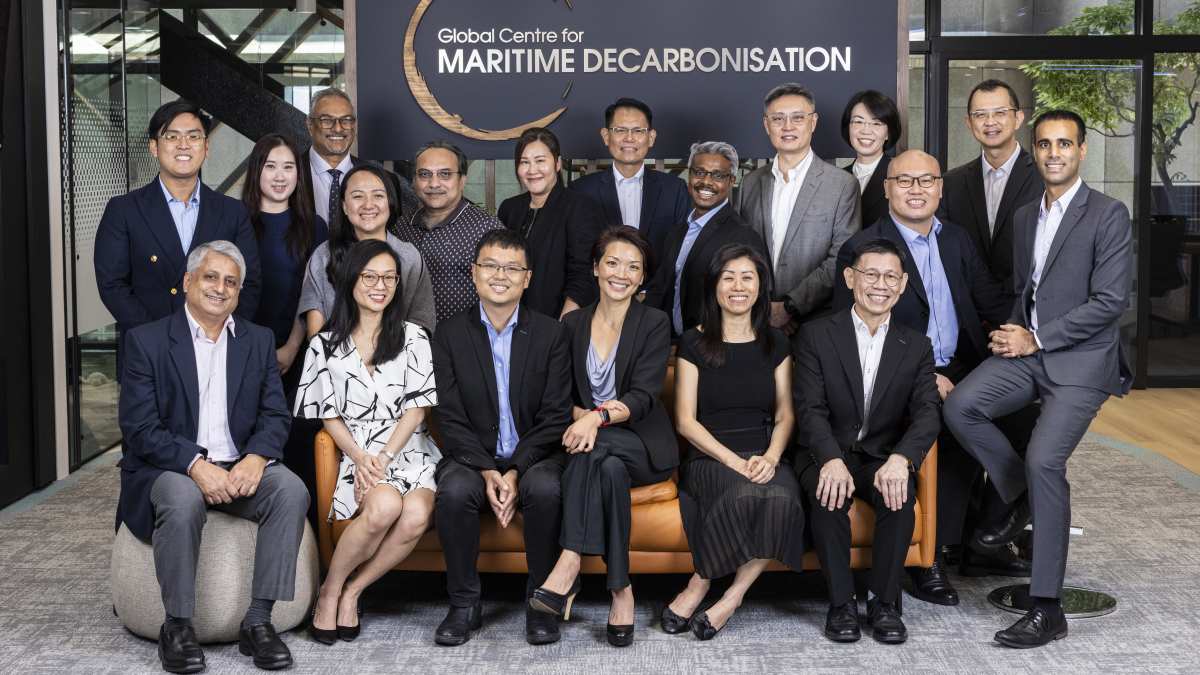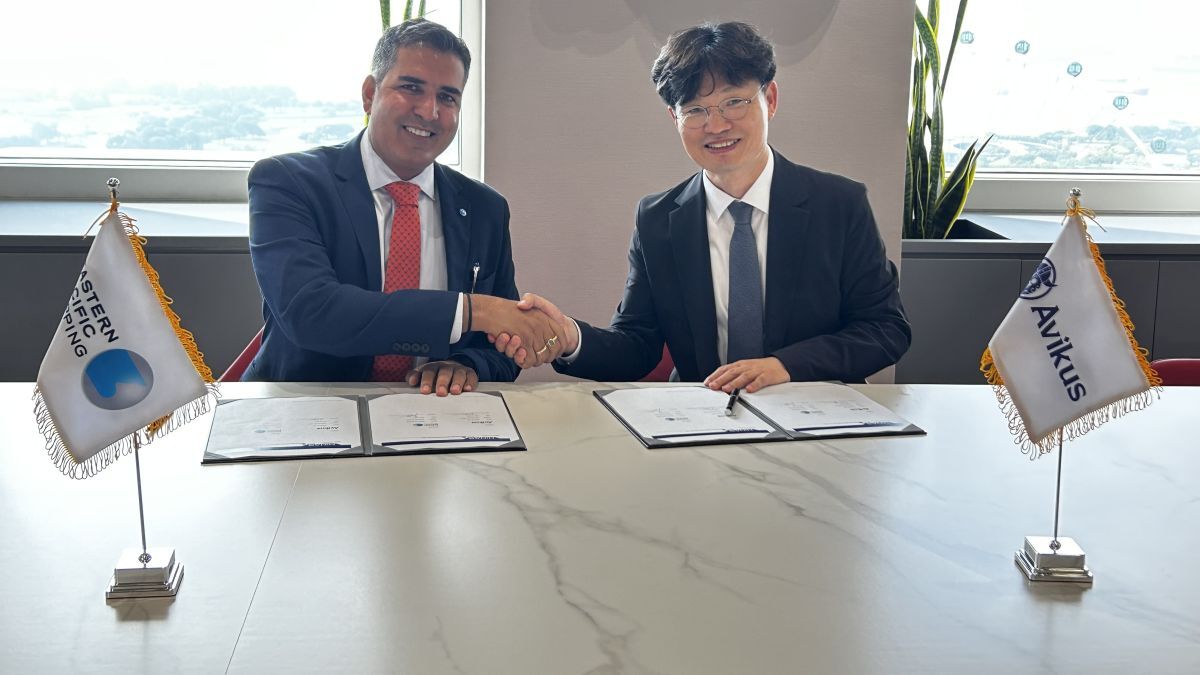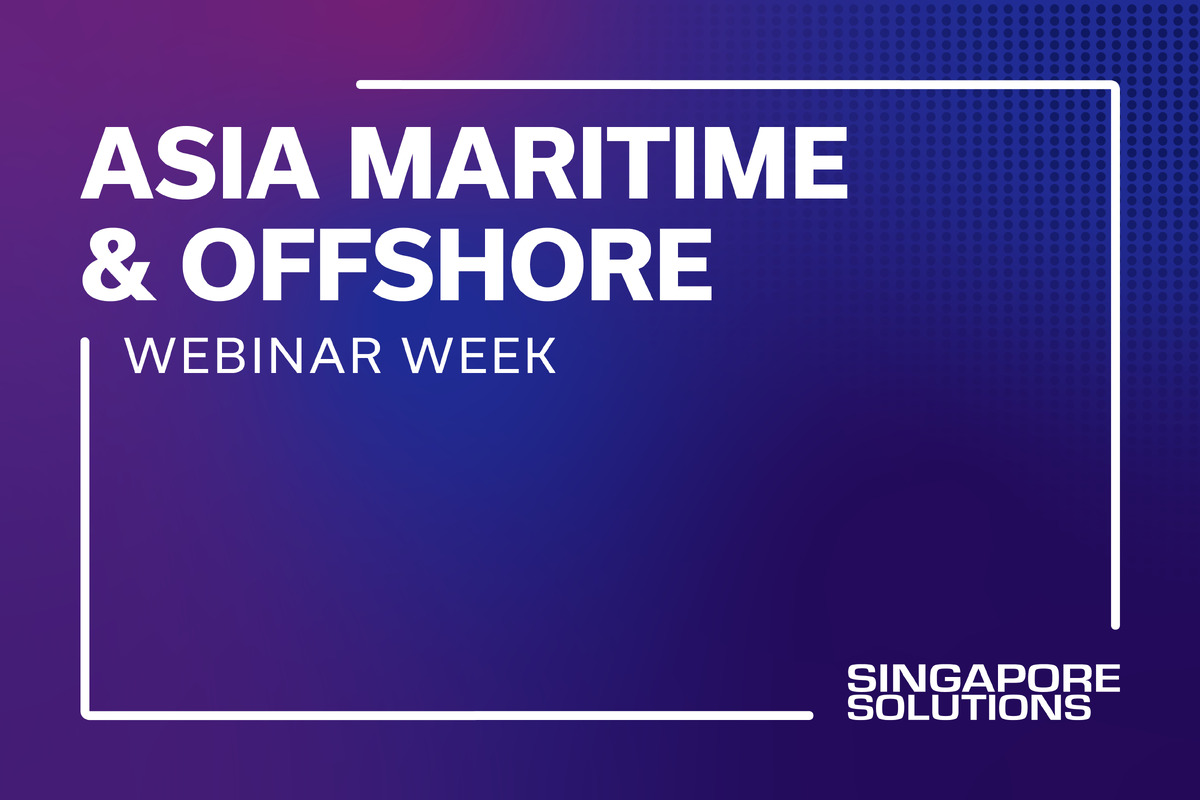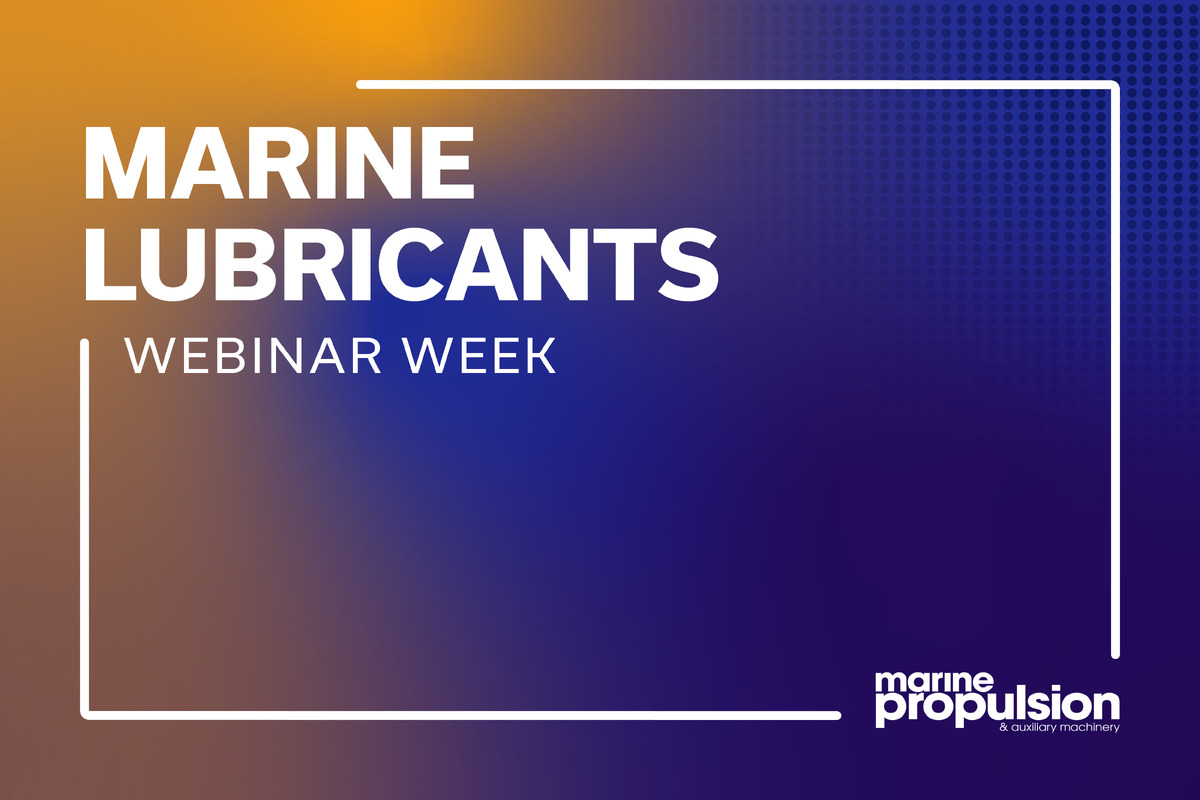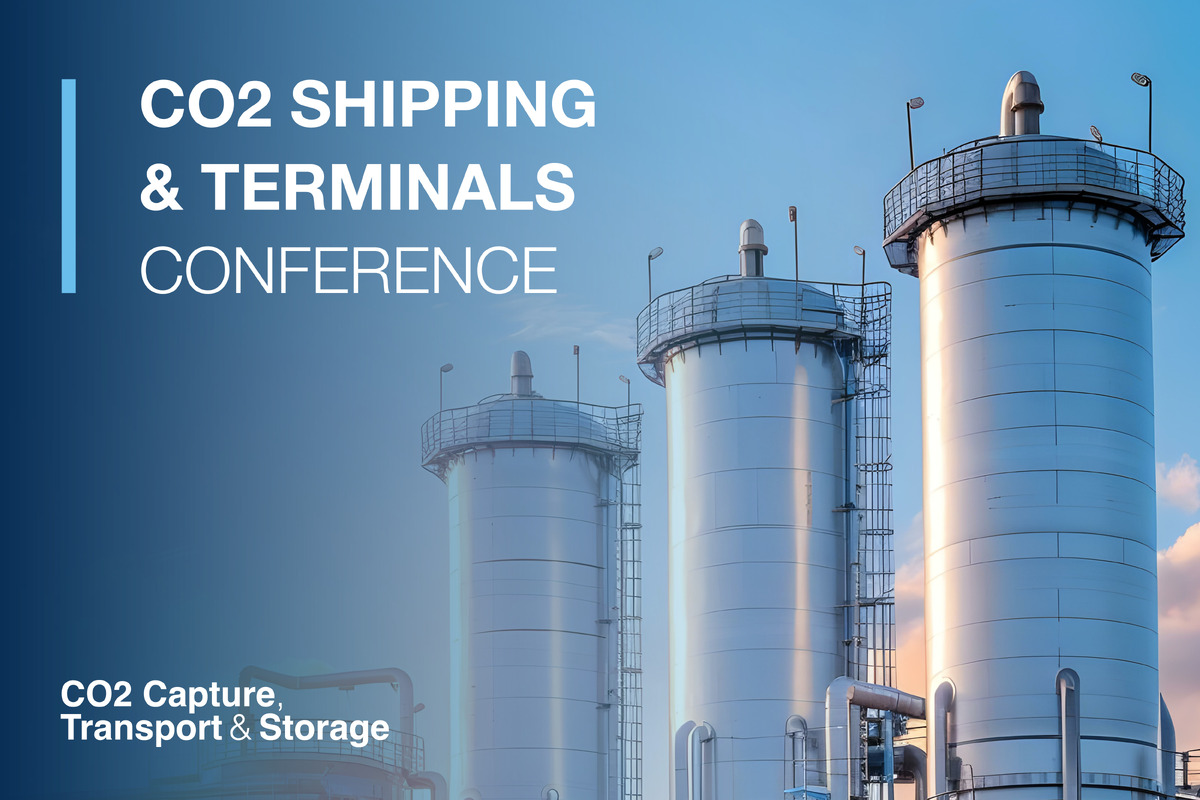Business Sectors
Contents
Register to read more articles.
MEPC 81: a waypoint in the development of emissions regulations
MEPC convened in April 2024 to progress the development of mid-term GHG emissions measures, but not all agree that IMO is best placed to regulate shipping emissions
The latest convening of the IMO Marine Environment Protection Committee (MEPC) took place in London in April 2024 and builds on the IMO membership’s historic revised greenhouse gas (GHG) mid-term measures agreed at MEPC 80 (3-7 July 2023). These outlined an enhanced common ambition to reach net-zero GHG emissions from international shipping by or around 2050, a commitment to ensure an uptake of alternative zero and near-zero GHG fuels by 2030, as well as indicative checkpoints for 2030 and 2040.
None of this was going to happen overnight and the MEPC 80 agreement referred to “level of ambitions” which were firmer than before, “indicative checkpoints” and the “basket of candidate mid-term GHG reduction measures” to achieve adoption of the updated 2028 IMO GHG Strategy on the reduction of GHG emissions from ships at MEPC 88 in late 2028.
Therefore, MEPC 81 was the first in a timeline of full meetings, extraordinary meetings, and expert workshops. On the GHG side, this included the Intersessional Working Group on Reduction of GHG Emissions from Ships (ISWG-GHG), which held its 16th meeting ahead of MEPC 81 to discuss global fuel standards and GHG emissions pricing mechanisms and associated revenue collection and distribution.
At MEPC 81 it was agreed that a two-day expert workshop (GHG-EW 5) would be held in 2024 to review the findings of the IMO-commissioned Comprehensive Impact Assessment (CIA) and that the next ISWG-GHG meeting would be held ahead of MEPC 82 (30 September to 4 October 2024) to consider the basket of candidate mid-term GHG reduction measures.
This particular factor is made up of two elements: technical (a goal-based fuel standard); and economic (GHG emissions pricing). It is a variation of stick-and-carrot to reward efficiency and penalise emissions and is one of the more contentious areas of discussion.
Taking part in the discussions were two representatives from the Norwegian classification society DNV, including director decarbonisation Eirik Nyhus.
Mr Nyhus noted that regarding the two main elements under consideration, the technical element and the economic element, there was "… robust discussions surrounding issues like flexibility provisions and economic instruments." Mr Nyhus highlighted the contrasting viewpoints and political challenges, noting, "Flexibility provisions are a significant point of contention, with diverging opinions on their necessity and implications."
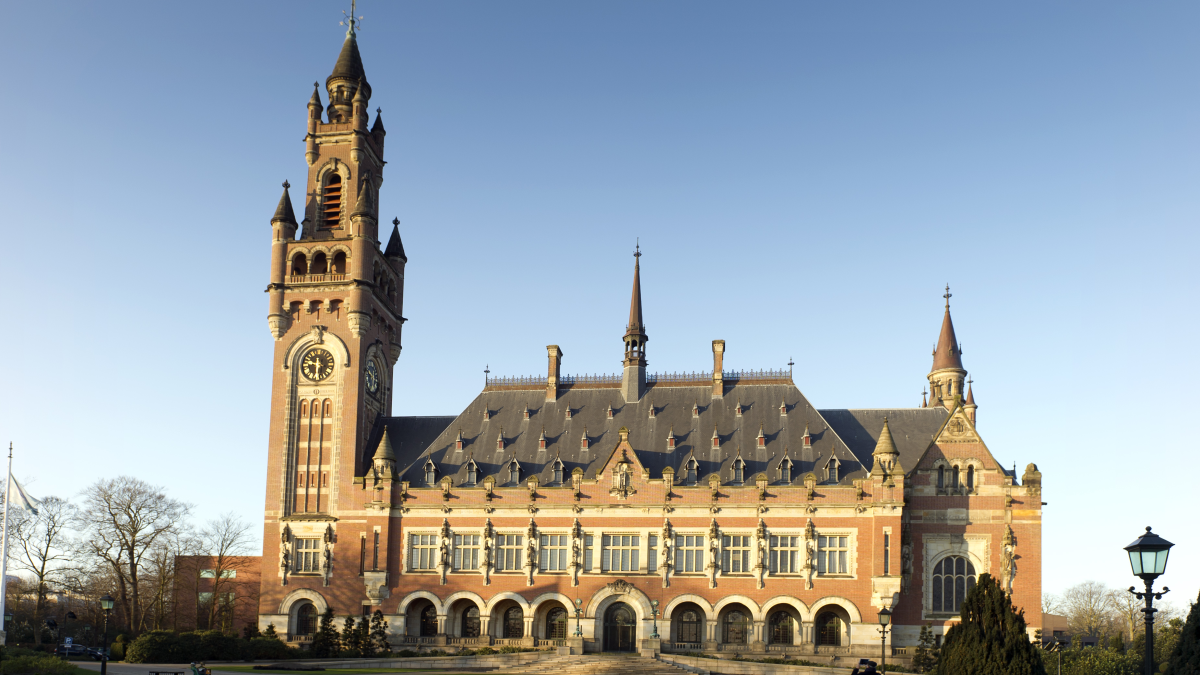
The balance between the technical and economic elements in the basket of candidate mid-term GHG reduction measures is likely to be an ongoing source of discussion at all the forthcoming MEPCs through to 2028.
Regarding GHG, MEPC 81 endorsed the ‘IMO Net-Zero Framework’ of potential amendments to various chapters of MARPOL Annex VI, including a new chapter on goal-based marine fuel standards regulating the phased reduction of the marine fuel’s GHG intensity. The IMO Net-Zero Framework would also include economic mechanisms – incentives – to transition to net zero.
“Flexibility provisions are a significant point of contention”
Commenting on the IMO to Net-Zero Framework discussed at MEPC 81, Lloyd’s Register (LR) said in a review paper: “It remains uncertain as to which measures will be progressed into regulation; it is clear that there will be a fuel standard and an economic mechanism.” LR expects that these economic and technical measures will be approved at MEPC 83 and come into force in 2027.
Another scientific group was established at MEPC 81 to review Guidelines on Life Cycle GHG Intensity of Marine Fuels (MEPC.376(80)) under the existing GESAMP (Joint Group of Experts on the Scientific Aspects of Marine Environmental Protection). GESAMP was also tasked by MEPC 81 to consider onboard carbon capture and storage (CCS) and an intersessional correspondence group is to be formed to develop steps toward a regulatory framework.
After MEPC 81, IMO secretary general, Arsenio Dominguez, all but confirmed a GHG levy is likely to be introduced by 2027. “We will have a pricing mechanism,” he told reporters, “of that, I have no doubt.”
A proposal tabled by the Marshall Islands and other smaller nations that have a high reliance on shipping suggested a US$150 per tonne of CO2 levy.
On the GHG side, MEPC 81 also approved the establishment of two new Emission Control Areas (ECAs) in the Arctic: in Canadian Arctic Waters for nitrogen oxides, sulphur oxides and particulate matter; and the Norwegian Sea for nitrogen oxides and sulphur oxides. The ECA proposals will now be submitted to MEPC 82 for adoption.
But with a membership of nearly 200 countries and organisations, the decisions at IMO cannot progress as fast as some stakeholders would like, and some even question if IMO is the right place for shipping GHG regulation to be determined.
While MEPC 81 was underway, an environmental NGO, Opportunity Green, announced it submitted a written statement to the International Court of Justice (ICJ) to seek greater clarity on IMO’s powers to govern green matters.
The NGO is looking for confirmation that states have legal obligations under international law to tackle climate change from the international aviation and shipping sectors in accordance with the Paris Agreement’s 1.5°C temperature goal, rather than leave the responsibility to UN agencies.
Aviation and shipping contribute nearly 5% of global GHG emissions, yet most countries do not currently account for the emissions from these sectors in their national climate pledges under the Paris Agreement’s nationally determined contributions (NDCs).
Opportunity Green said this “goes against the very purpose of the Paris Agreement” and claims “it is a misconception” that states should rely solely on specialised UN agencies to act on sector-based emissions. It insists nations have a separate legal obligation to reduce GHG emissions. Instead, the petitioners want international law to recognise that nations should shoulder a greater burden of decarbonisation in these sectors.
The NGO’s submission to the ICJ argues that the efforts of the IMO (and International Civil Aviation Organisation) are additional to action under states’ individual NDCs.
Opportunity Green legal officer, Isabela Keuschnigg, said: “When it comes to international aviation and shipping, we are talking about major polluters that contribute significantly to the climate crisis – and yet they remain weakly regulated.”
She added: “With a new, stronger round of NDCs due in 2025, and critical discussions underway at IMO on the measures needed to implement its revised GHG strategy, this is a watershed moment to put these sectors on a clearer course towards net zero. We are urging the ICJ to confirm that international law obliges individual states to act decisively to address the substantive emissions from these sectors.”
Ms Keuschnigg believes the advisory opinions currently in front of the ICJ and the International Tribunal for the Law of the Sea can help contribute to increased judicial oversight of shipping at an international level.
Related to this Story
Events
Reefer container market outlook: Trade disruption, demand shifts & the role of technology
Asia Maritime & Offshore Webinar Week 2025
Marine Lubricants Webinar Week 2025
CO2 Shipping & Terminals Conference 2025
© 2024 Riviera Maritime Media Ltd.
